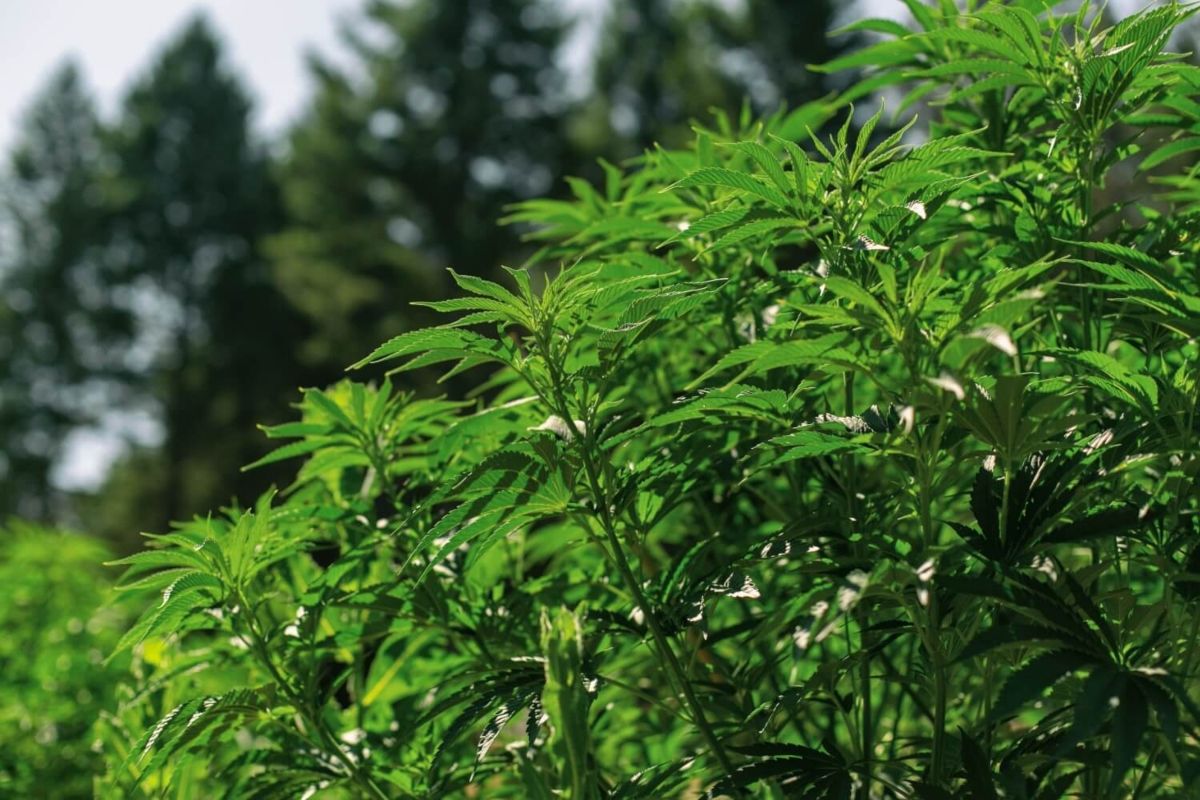The Revolution in Cannabis Cultivation: Veganic Methods for Optimal Plant Growth
Introduction: As the demand for cannabis continues to rise, growers are constantly seeking innovative and sustainable cultivation techniques to meet the market’s needs. In recent years, veganic cultivation has emerged as a promising approach. This article explores the benefits of veganic cultivation for cannabis plants, outlining its principles, practices, and its potential to revolutionize the industry.
I. Understanding Veganic Cultivation:
A. Defining Veganic Cultivation: Veganic cultivation is a method that combines organic farming practices with vegan principles, avoiding the use of animal-derived inputs such as manure or bone meal. It relies on plant-based nutrients and other techniques to achieve sustainable and ecologically friendly growth.
B. Principles of Veganic Cultivation:
- Soil Health: Veganic gardening focuses on fostering a balanced and biologically diverse soil ecosystem with the use of plant-based compost, green manure, and cover crops.
- Veganic Fertilizers: Veganic cultivation utilizes nutrient-rich organic amendments like composted vegetable matter, seaweed extracts, and wood ash to promote plant health and growth.
- Pest and Disease Management: Veganic growers emphasize preventive measures such as crop rotation, beneficial companion planting, and natural pest controls over synthetic pesticides for pest and disease management.
II. The Benefits of Veganic Cultivation for Cannabis Plants:
A. Enhanced Flavor and Aroma: Veganic cultivation nurtures plants with organic, plant-based nutrients, resulting in cannabis with more pronounced and authentic flavors and aromas, appealing to consumers seeking a natural experience.
B. Improved Cannabinoid and Terpene Profiles: Plant-based nutrient sources and a balanced soil ecosystem contribute to the development of robust cannabinoid and terpene profiles within cannabis plants, potentially enhancing their medical and recreational value.
C. Environmentally Friendly: Veganic cultivation reduces the carbon footprint associated with cannabis production, as it eschews animal agriculture’s environmental impact. By eliminating animal-derived inputs, it lessens water pollution and the release of greenhouse gases.
D. Healthier Plants: Veganic cultivation prioritizes soil fertility and the elimination of harmful chemicals, resulting in healthier plants that are more resilient to diseases and pests. This reduces the need for chemical interventions and promotes natural genetic expression.
III. Implementing Veganic Cultivation Techniques:
A. Sustainable Soil Preparation: Veganic growers focus on soil-building techniques such as no-till farming, composting, and mulching to create a thriving soil ecosystem that nourishes cannabis plants throughout their growth cycle.
B. Veganic Nutrient Selection: Plant-based compost, kelp extracts, and mineral-rich ingredients like rock dust are popular choices for supplying cannabis plants with the necessary nutrients and minerals for optimal growth.
C. Natural Pest and Disease Control: Veganic cultivators employ various organic approaches to control pests and diseases, including companion planting, beneficial insects, and physical barriers, which minimize the need for synthetic chemical treatments.
IV. Conclusion:
Veganic cultivation presents a promising avenue for sustainable and environmentally conscious cannabis production. Its emphasis on plant-based nutrition, soil health, and natural pest control not only benefits the end product but also reduces the ecological footprint associated with cultivation. As the cannabis industry evolves, embracing veganic practices can pave the way for a greener and healthier future for both producers and consumers alike.







